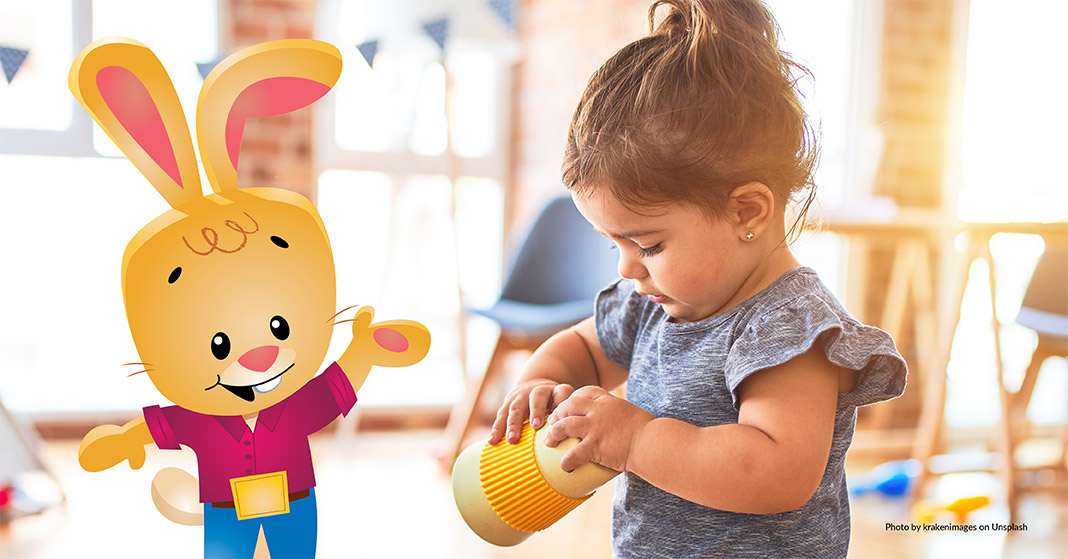
Reading comprehension is perhaps the most important skill your student will ever learn. And it’s not easy. At first, the struggle to read individual words is an almost painful experience—your student must concentrate so hard to identify each letter and its correct sound. It might take several seconds to read just one word. Thankfully, with practice reading gets easier, but improving reading comprehension involves so much more than just learning to pronounce an individual word correctly. We want students to understand the message of the words on the page. That’s why teaching reading comprehension strategies is so important.



